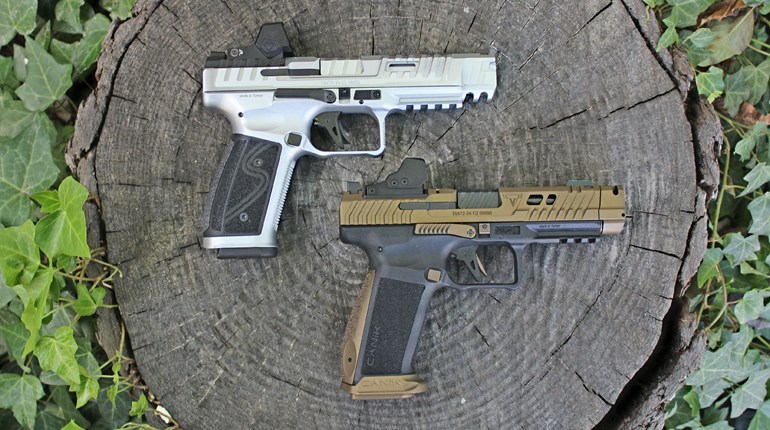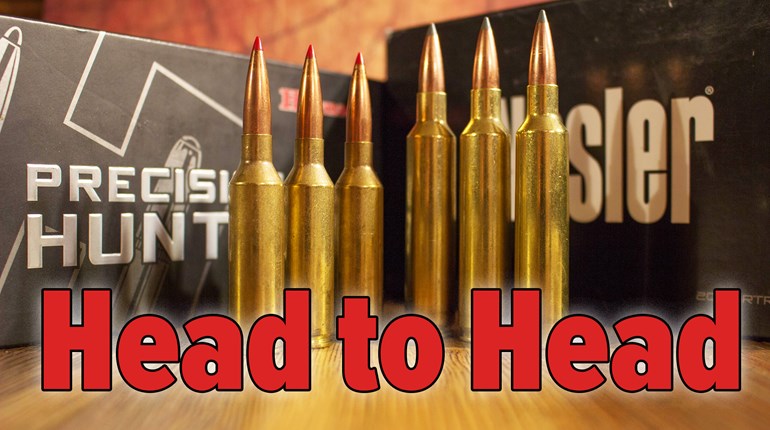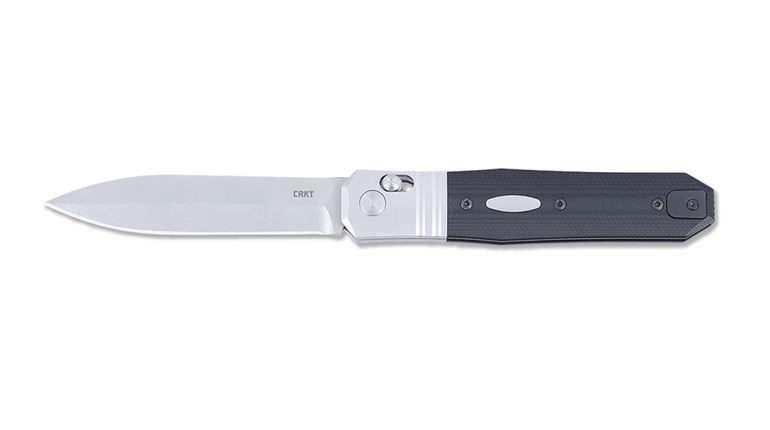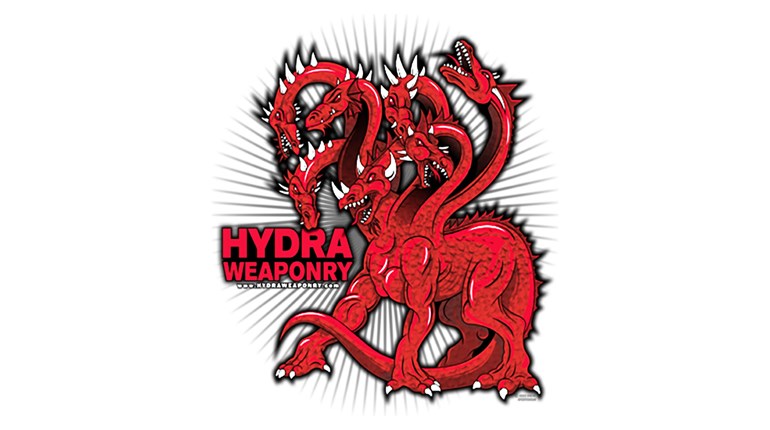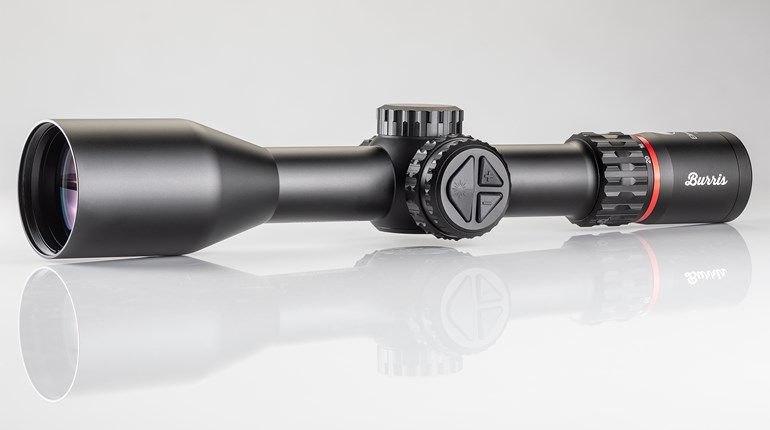
The world is changing. There was a time when sights were considered almost superfluous. Then they became important. Now they are becoming electronic. And this is not just for competition pistols any more, but also for carry guns. The Walther PPS M2 RMSc is a hot new entry into the red-dot-equipped EDC market.
The PPS M2 RMSc is a compact, single-stack 9 mm pistol meant for daily carry. It has all the things you need in a daily-carry pistol, with one great addition: a red-dot sight installed at the factory. The slide and barrel are given a Tenifer treatment for hardness and corrosion resistance. Then they are given a black-oxide coating over the Tenifer, for a non-glare finish. The slide has cocking serrations fore and aft, and the ejection port is huge for a pistol so compact. Inside the slide, the barrel is a total of 3.18 inches in length, which happens to be just a smidge over 80 millimeters. On the right side of the slide, at the back edge of the ejection port, there is an enormous extractor. Walther obviously wants any and all empties, as well as extracted live rounds, to be unable to resist removal.
Controls on the PPS M2 RMSc are few, obvious and simple. The slide release is on the top of the polymer frame, protected by a ridge around it, and highly unlikely to get caught on anything or activate inadvertently. Forward of that is the takedown latch, a near-vertical lever recessed in the surface of the polymer. The left side is marked with the manufacturer, Carl Walther, in Ulm, and the right side with the importer, Walther Arms of Fort Smith, AR.
Below that is the trigger, with its safety bar on the face of the trigger. The firing mechanism also has an internal safety mechanism to preclude discharge when dropped, and the cocking indicator in the rear face of the slide is given a red coating for greater ease of visibility. It also stands proud of the slide when cocked, so you can feel it when the lighting is low. The trigger is designed to provide a short trigger pull, with a light and clean release. Not too light, since it is a daily-carry pistol, but not the gritty, spongy, long travel you might expect from other polymer pistols. On this one, Walther succeeded. The trigger pull I experienced was light, smooth and cleaner than I expected in a polymer pistol.

Magazine baseplates are contoured to blend with the frame. The frame has recesses at the bottom of the mag well, on the sides. The baseplate swells out to fill those recesses. This does two things. One, it gives you plenty of purchase, should you have to rip a magazine out in the extremely rare event of a malfunction. (If you had one, you will almost certainly find it an ammo problem, not a Walther-created one.) The recesses also create reloading guides, fore and aft. You can use the front and rear edges as guides in a speedy reload.
On top of all this EDC goodness, Walther has done some extra work. The company machined the slide, between the back edge of the ejection port, and the rear sight, and created a recess for a red-dot sight to sit. Into that recess it fitted a Shield RMS (Reflex Mini Sight) Compact red-dot sight (hence the name), with a 4-MOA dot. All of the RMS optics have been machined from aircraft-grade aluminum. The Compact version has been slimmed down so it does not hang over the edges of the Walther PPS slide. Well, it doesn’t hang over much, not enough to cause a problem, and the RMSc has been designed for compact pistols that are, shall we say, a bit more portly.

Accuracy is another aspect where really compact pistols can come up short. Not that they aren’t accurate, but the short sight radius inflicts a penalty on shooters trying to punch small groups. Here, the RMSc helps, as the dot doesn’t care how long or short the barrel might be. The limiting factor is controlling the compact pistol on the bags, with the striker firing system and its trigger. The PPS and its excellent trigger helps here, but there is just so much one can do with a light, compact pistol and hot ammo. Groups were remarkably consistent, if not spectacular, due to the struggle between the precision of red-dot sight aiming and the control of a compact pistol with hot ammo.
Any change in pistol design may also require holster adaptations. When we went to bigger, easier-to-see sights decades ago, holster makers had to adjust. Now, with pistols coming with red-dot sights (there will come a time when every pistol maker offers a model; just wait and see) holster makers will have to adapt. However, Walther has helped here as well. By mounting the RMSc so far back on the slide, they have made the holster-fit problem less of one.
In use, the Walther PPS RMSc was easy, but it has a bit of a learning curve. This was something we found out in competition a couple of decades ago or more. You have to have a grooved, smooth presentation, in order to quickly pick up the dot. This is easily done with a few evenings of dry-fire practice, to learn to acquire the dot. If you see someone at the range, with a red-dot pistol waving the muzzle around, you know they didn’t do their homework. Do yours, and you’ll be fast. Don’t, and you’ll be that guy.
It should go without saying, but someone will ask: there were no malfunctions with the PPS M2 RMSc. It fed and fired everything, ejected all the empties and locked open when it was empty. The PPS M2 RMSc tucks away on your belt and essentially disappears into your wardrobe. Spare magazines are also easily carried, and the pistol, with two spare magazines (it is a single-stack, after all) you’ll have up to 25 rounds of 9 mm emergency equipment with you.
















